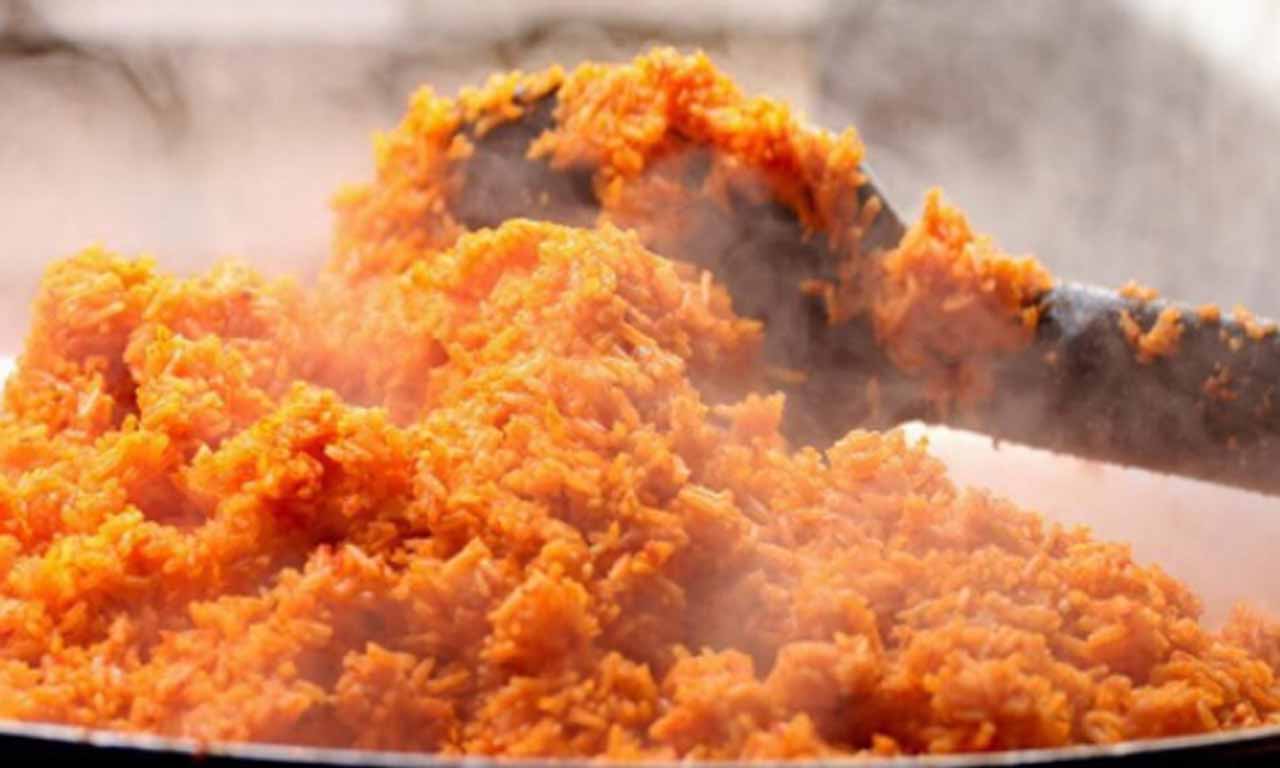
It is very interesting the way rice sneaked its way into our menus, and became a must for every family, every party, and a great consumer of foreign exchange! Rice which we used to eat perhaps once in a year, later every Sunday has now become an everyday business. Rice! I grew up to know rice that had to be subjected to real ‘picking’ before cooking. Sometimes, pebbles in the rice were more than or equal in proportion to the grains of rice. At that time, though we enjoyed rice meals, we hated the manual labour associated with cooking rice. Then came Uncle Ben’s Rice, mainly for the well-to-do. It came in packs and tasted differently from local rice. Somewhere along the line, imported rice from Thailand and any other country that could produce rice took over our consciousness and we dropped our local rice. The RSVP- the French Repondez s’il vous plait, meaning ‘please respond to confirmation’- on invitation cards was changed to ‘Rice and Stew Very Plenty! We simply loved rice, rice which we did not, and still have not been able to grow enough to feed the population!
Rice! Rice became an everyday meal. Easy to cook. Easy to eat, especially with the local delicacy ‘dodo’. Some girls in our growing up days were prepared to eat thrice in a day. Rice, chicken and dodo were a wonderful combination in our university days. As for us the boys, we named rice ‘bird food’ because it was too light. It was not as heavy as eba or amala or pounded yam or akpu that could keep hunger pangs at bay for a considerable period of time. Some boys who found rice too light developed the habit of adding dry garri to the plate of rice! One of my younger ones never liked rice which we had for lunch on Sundays. He would skip lunch and request anyone willing to trade off his dinner of eba! So, while we ate rice and stew, he would just stay away and come ask you for his plate of eba and soup later in the evening after dinner had been served. I don’t remember now whether all the deals were faithfully kept!
We got used to imported (polished) rice which we were later told was not and is not healthy once we hit forty! How? Rice? They even said subsequently that our local rice was better than imported rice. Haba! Igbemo or Abakaliki rice better than rice which came from Thailand? I don’t know whether my readers know ‘Igbemo’ rice. It is grown in Igbemo part of Ekiti. Its smell (not a good one) could travel kilometres while being parboiled. In my days in Ekiti state as a teacher in the then Ondo State University Ado Ekiti, Igbemo rice was the constant, though my toddler kids never really liked it! As for Abakaliki rice, who was ready to pick stones for one hour before hitting the fire? Imported rice was the thing. We even created proverbs out of rice. In pidgin English, we said ‘na cooperation naim rice take full pot!
In the days of the military in power, rice became more and more ingrained in our menu. We soon added jollof rice, fried rice, coconut rice, banga rice to the menu. I don’t know why I keep associating rice with the Nigerian Army, especially in their days in power. We loved those khaki boys when they seemed to move everything around with automatic, obey-before-complain manner. Or did they? Take for instance the way they created States. With a stroke of the pen, they altered the geographical and political landscape of Nigeria. They abolished the regions which they met in 1966. They created twelve, nineteen and finally 36 states. They sent corrupt politicians to jail! Hmmmm! They even fought a war to keep Nigeria together, killing over three million souls! A cynical friend of mine says this is no big deal. They caused the war in the first place, he says, and it was their duty to end it anyway! I don’t have any foolish answer to that sensible question!
After all these beautiful things, we found out and confirmed that the soldiers, like imported rice, were not good for us. That they stifled open debate. They ‘improved’ corruption, in a very subtle way. They became the richest men in the land although they were not known to be businessmen. Their very stay in power was illegal and I do hope that a day will come in the history of Nigeria when their years of service as administrators would be officially erased and termed an anomaly or interregnum and they would all be punished even posthumously. Hahahahaha! That would be the day! You know, they expected you to run once they said so. ‘Please’ was not a part of their lexicon. I remember when government developed the misguided policy of sending soldiers to enforce discipline in schools. Chei! We saw pepper in the hands of those wild soldiers who never spared the rod so that the child would not be spoilt! Some of them were also not disciplined!
I am sure my readers would be confused now. Is this rambling the result of eating too much rice or old age? I started off discussing rice and see how I have veered into military rule. I need to see a psychiatrist to straighten my mind from these diversions, from discussing the army when I set out to discuss rice. As you may well know, a soldier who is going to the battle front will not eat rice. Rice digests too fast. He needs eba or pounded yam to gain strength. But I also know that a soldier who is too heavy and has a pot belly can hardly keep abreast with his colleagues who are sprightly. So, though we like rice for its lightness, and would love eba for its weight, we know that too much eba would slow down the pace of movement.
Rice and stew cannot be plenty right now – its price is over the roof! Rice and stew in the new year could and should be plenty when we plant enough local rice and stop other countries from making our country a dumping ground for exported rice. And who says the Nigerian military cannot start huge rice farms and feed the nation in five years? The current invitation to eat local rice must be backed by a policy of local contents. Banks and other finance houses should support farmers so that in five years, we would not only be sufficient, we would be able to export rice and tell the world that rice and stew are plenty in the land! The truth is this, anyone who denies Nigerians the luxury of eating rice during festivities should be prepared for the peoples’ wrath! Rice is serious business!
Eghagha can be reached on 08023220393 0r [email protected]






